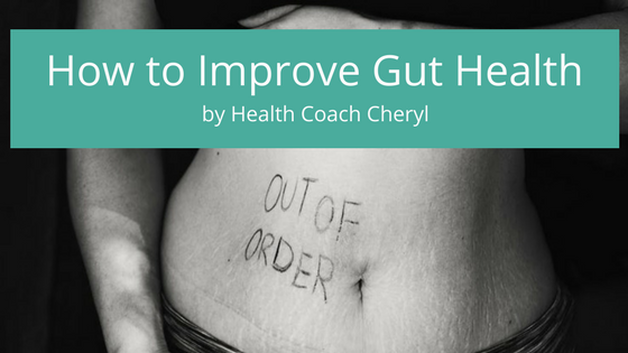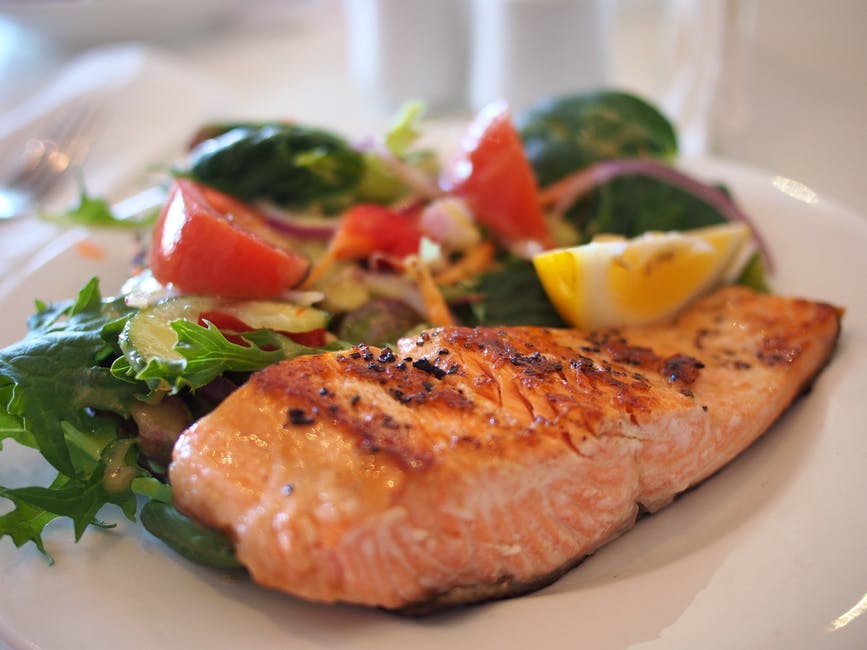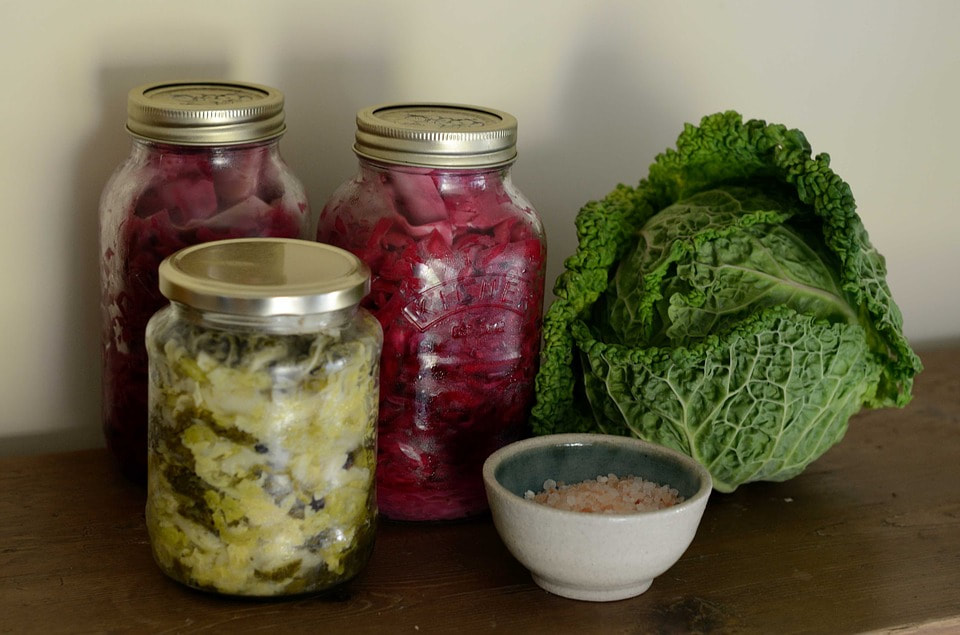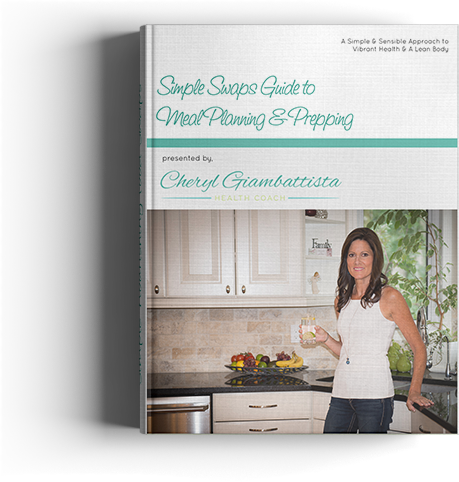It Starts in the Gut
Hippocrates said, “All disease begins in the gut.”
And while this may not be 100% true for every disease in every person, more and more research shows that our gut (digestive system) has a bigger role in many diseases than we used to think. And we're not just talking about heartburn, constipation, diarrhea, IBS, IBD, etc. We're talking about all kinds of issues like allergies, pain, mood disorders, and nutrient deficiencies.
There are a lot of reasons for this. Our gut is the portal to the outside world. It's here where we take in disease-causing bacteria, viruses, and parasites. We also take in nutrients (and toxins) through our gut. The nutrients we ingest and absorb are the building blocks of every single part of our body. We're just learning the connections between our gut and other areas of our body, like our brain (have you heard of "the gut-brain axis"). Not just our gut per se; but, its friendly resident microbes too. These guys also have newly discovered roles in our gut health and overall health.
So, let's talk about the roles that our gut and our gut microbes play in our overall health. Then I'll give you tips to improve gut health naturally.
And while this may not be 100% true for every disease in every person, more and more research shows that our gut (digestive system) has a bigger role in many diseases than we used to think. And we're not just talking about heartburn, constipation, diarrhea, IBS, IBD, etc. We're talking about all kinds of issues like allergies, pain, mood disorders, and nutrient deficiencies.
There are a lot of reasons for this. Our gut is the portal to the outside world. It's here where we take in disease-causing bacteria, viruses, and parasites. We also take in nutrients (and toxins) through our gut. The nutrients we ingest and absorb are the building blocks of every single part of our body. We're just learning the connections between our gut and other areas of our body, like our brain (have you heard of "the gut-brain axis"). Not just our gut per se; but, its friendly resident microbes too. These guys also have newly discovered roles in our gut health and overall health.
So, let's talk about the roles that our gut and our gut microbes play in our overall health. Then I'll give you tips to improve gut health naturally.
Our Gut’s Role in our Overall Health
Our gut’s main role is as a barrier. To let things in that should get in, and to keep things out that should stay out. Think of “absorption” of nutrients as things we want to let in; and “elimination” of waste as things we want to pass right through and out.
This seemingly simple role is super-complex! And it can break down in so many places.
For one thing, our guts can "leak." Yes, like a long tube with holes in it, it can allow things to get into our bloodstream/bodies that can wreak havoc (bacteria, undigested food, and toxins). You name it, whatever you put into your mouth can be absorbed by the gut and get into the bloodstream, even if it's not supposed to. And when our gut wall gets irritated, it can "leak." When this happens, you get inflammation, which is a starting point for many diseases that don't seem linked to the gut but have a sneaky connection there.
FUN FACT: About 70% of our immune system lives in and around our gut.
A healthy gut is not a leaky gut. It maintains its barrier and shuttles things through to be eliminated. Maintaining a healthy gut barrier is the first pillar of gut health.
Another important part of our gut are the billions of friendly health-promoting microbes. Gut microbes help us digest and absorb nutrients. They fight off disease-causing microbes, make some vitamins for us, and have all kinds of other health benefits, like mental health benefits, reducing inflammation, and stabilizing blood sugar.
So, keeping gut microbes happy is the second pillar of gut health!
This seemingly simple role is super-complex! And it can break down in so many places.
For one thing, our guts can "leak." Yes, like a long tube with holes in it, it can allow things to get into our bloodstream/bodies that can wreak havoc (bacteria, undigested food, and toxins). You name it, whatever you put into your mouth can be absorbed by the gut and get into the bloodstream, even if it's not supposed to. And when our gut wall gets irritated, it can "leak." When this happens, you get inflammation, which is a starting point for many diseases that don't seem linked to the gut but have a sneaky connection there.
FUN FACT: About 70% of our immune system lives in and around our gut.
A healthy gut is not a leaky gut. It maintains its barrier and shuttles things through to be eliminated. Maintaining a healthy gut barrier is the first pillar of gut health.
Another important part of our gut are the billions of friendly health-promoting microbes. Gut microbes help us digest and absorb nutrients. They fight off disease-causing microbes, make some vitamins for us, and have all kinds of other health benefits, like mental health benefits, reducing inflammation, and stabilizing blood sugar.
So, keeping gut microbes happy is the second pillar of gut health!
Ways to Improve Gut Health
There are a lot of natural ways to improve gut health. Let’s start with a few things to avoid. It’s always best to eliminate the cause imbalance, so let’s stop giving our guts junk to deal with. How about eliminating added sugars, processed foods, and alcohol? Try that for a few weeks, and you may be amazed at how much better your body (and gut) feels.
You may also want to eliminate other gut irritants. Dairy and grains contain common compounds known to irritate some people’s guts. Sometimes you only need to eliminate them for a few weeks to see if it makes a difference for your health.
By eating nutrient-dense foods, we allow ample macro- and micro-nutrients into our gut to maximize the chance for absorption. These nutrients help our bodies build and repair our gut, and every other body part as well. Some of the most nutrient-dense foods include dark leafy greens, colourful fruits and veggies, healthy fats such as olive oil, coconut oil and avocados, and fish.
The second pillar of gut health is our microbes. By ingesting probiotic-rich foods and drinks, we can help to replenish our gut microbes. These are found in fermented foods like kombucha, kefir, miso, sauerkraut, and kimchi. We need to make these a part of our daily diet.
Whole foods are full of gut-friendly fiber. Not eating enough fiber increases the risk of heart disease, cancer, diabetes, and obesity. Fiber plays several important roles in our gut, including whisking away some of those pesky bad bacteria and toxins so they can be eliminated. Fiber also helps to feed our friendly resident microbes that help us absorb and digest our food better. What foods have a lot of fiber? Fruits, vegetables, nuts, seeds, and even cacao.
And don’t forget the super important lifestyle factors like getting enough sleep, reducing stress, and getting the right amount (and intensity) of exercise for you. It’s easy to forget some of the simple, but key links there are between what we do with our bodies and how well they function.
You may also want to eliminate other gut irritants. Dairy and grains contain common compounds known to irritate some people’s guts. Sometimes you only need to eliminate them for a few weeks to see if it makes a difference for your health.
By eating nutrient-dense foods, we allow ample macro- and micro-nutrients into our gut to maximize the chance for absorption. These nutrients help our bodies build and repair our gut, and every other body part as well. Some of the most nutrient-dense foods include dark leafy greens, colourful fruits and veggies, healthy fats such as olive oil, coconut oil and avocados, and fish.
The second pillar of gut health is our microbes. By ingesting probiotic-rich foods and drinks, we can help to replenish our gut microbes. These are found in fermented foods like kombucha, kefir, miso, sauerkraut, and kimchi. We need to make these a part of our daily diet.
Whole foods are full of gut-friendly fiber. Not eating enough fiber increases the risk of heart disease, cancer, diabetes, and obesity. Fiber plays several important roles in our gut, including whisking away some of those pesky bad bacteria and toxins so they can be eliminated. Fiber also helps to feed our friendly resident microbes that help us absorb and digest our food better. What foods have a lot of fiber? Fruits, vegetables, nuts, seeds, and even cacao.
And don’t forget the super important lifestyle factors like getting enough sleep, reducing stress, and getting the right amount (and intensity) of exercise for you. It’s easy to forget some of the simple, but key links there are between what we do with our bodies and how well they function.
Our Gut Health is Important
The function of our gut is key to our overall health. There are two pillars of gut health: maintaining a good barrier and maintaining healthy gut microbes.
The main ways to improve both of these naturally is by eating nutrient-dense whole foods. Foods filled with vitamins, minerals, antioxidants, probiotics, and fiber. And eliminating common gut irritants like added sugar, processed foods, and alcohol.
Here is a simple recipe I love to make that is loaded with health promoting probiotics.
Sauerkraut Recipe
Total Time: 30 Minutes. Active Prep; 3-4 weeks total
Sevrves: Makes about 1 Gallon
Ingredients:
You can also try fermenting carrots, broccoli, green beans and broccoli!
Tip - when purchasing sauerkraut or other fermented vegetables make sure to read the label - the ingredients should be cabbage or other vegetables, salt and spices. If you see vinegar on the label it is processed in vinegar and does not contain the probiotics that naturally fermented sauerkraut contains.
The main ways to improve both of these naturally is by eating nutrient-dense whole foods. Foods filled with vitamins, minerals, antioxidants, probiotics, and fiber. And eliminating common gut irritants like added sugar, processed foods, and alcohol.
Here is a simple recipe I love to make that is loaded with health promoting probiotics.
Sauerkraut Recipe
Total Time: 30 Minutes. Active Prep; 3-4 weeks total
Sevrves: Makes about 1 Gallon
Ingredients:
- 1 large head of shredded cabbage
- 3 tablespoons of pickling salt
- 1 tablespoon caraway seeds
- In a large bowl, mix cabbage the cabbage with 2 tablespoons of salt. Let stand for 10 minutes.
- Massage the cabbage to release juices. About 10 minutes.
- Sprinkle remaining salt on the cabbage as well as caraway seeds.
- Pack cabbage mixture into a large glass food container. Top with a quartered onion to fit inside the container, weighing it down. Cover container with a lid.
- Place in a cool spot overnight on a plate. Check to make sure the sauerkraut is completely submerged in liquid. Check cabbage every other day for 2 weeks, skimming off of any scum that may form on the surface.
- Let stand for at least 4 weeks total. Then store in airtight container in the refrigerator for up to 6 months.
You can also try fermenting carrots, broccoli, green beans and broccoli!
Tip - when purchasing sauerkraut or other fermented vegetables make sure to read the label - the ingredients should be cabbage or other vegetables, salt and spices. If you see vinegar on the label it is processed in vinegar and does not contain the probiotics that naturally fermented sauerkraut contains.
Get Started on Your Health Journey
| Learning about gut health can seem a bit overwhelming, but it's all about making small changes to your eating habits. Do you want to be healthy, but unsure where to start? I am here to help! I have created a Simple Swaps Guide to Meal Planning & Prepping eBook, to help you get started on your health journey. It's packed with lots of great tips and tricks to help you on your health journey. Just click below and you'll receive your copy right away! |
References:
https://authoritynutrition.com/does-all-disease-begin-in-the-gut/
http://www.precisionnutrition.com/all-about-nutrition-gut-health
http://neurotrition.ca/blog/your-gut-bugs-what-they-eat-and-7-ways-feed-them
https://draxe.com/recipe/sauerkraut-recipe/





